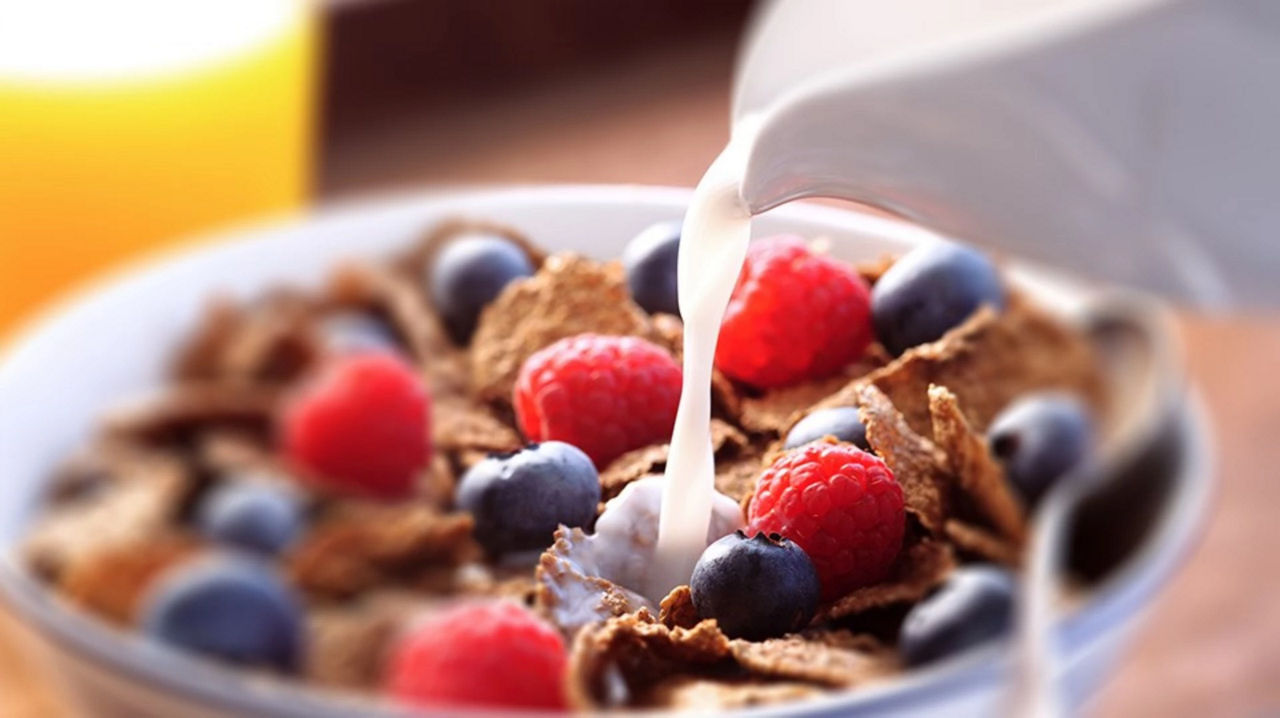Your recommended daily allowance (RDA) of vitamin A in pregnancy is 750ug per day and increases to 1200ug per day while you breastfeed.
Because it is found in dairy foods and some fruit and vegetables, most people get all the vitamin A they need from a well-balanced diet.
Certain foods that are high in vitamin A, such as liver and liver pâté, are on the list of foods to avoid in pregnancy. As long as you avoid these foods, your intake should fall within safe levels and not pose any risks to your baby’s development. Some non-pregnancy supplements also contain high levels of vitamin A, such as cod liver oil, which should be avoided.
Sources of retinol (the animal-based form of vitamin A) include:
- Cheese
- Fortified spreads
- Yogurt
- Eggs
Your body will convert the beta-carotene that gives certain fruit and vegetables their orange colour into vitamin A. Beta-carotene can be found in:
- Carrots
- Oranges
- Sweet potatoes
- Apricots








